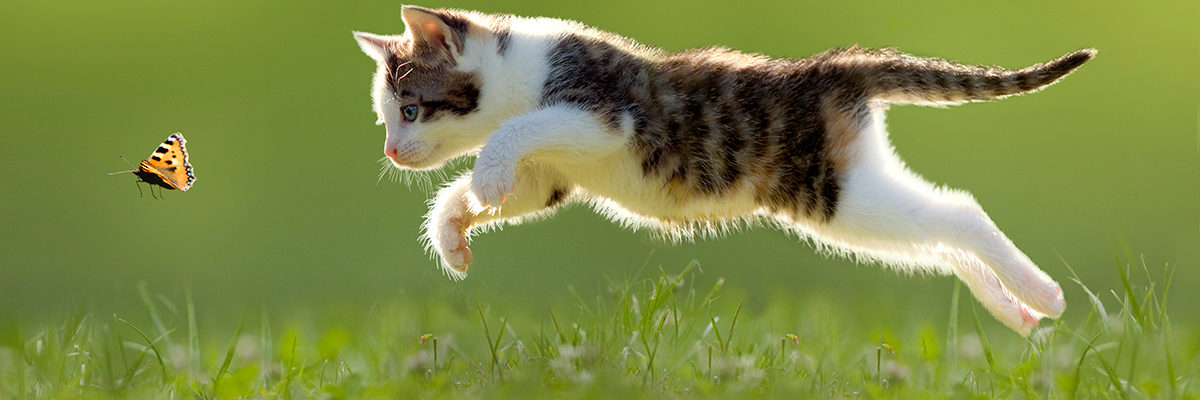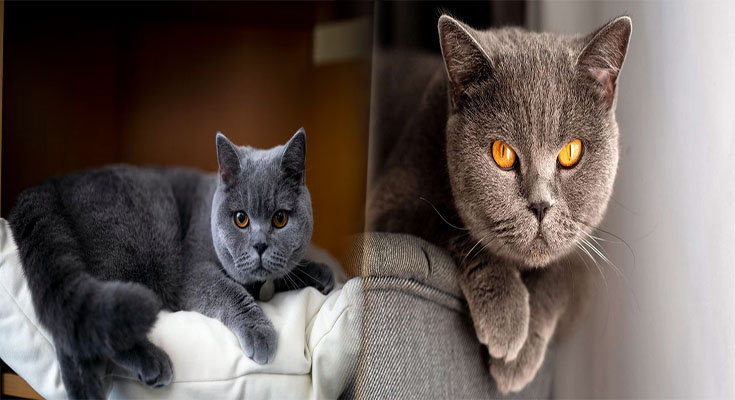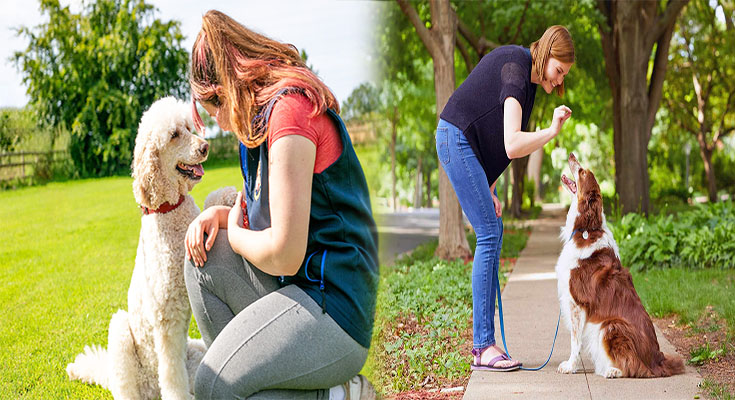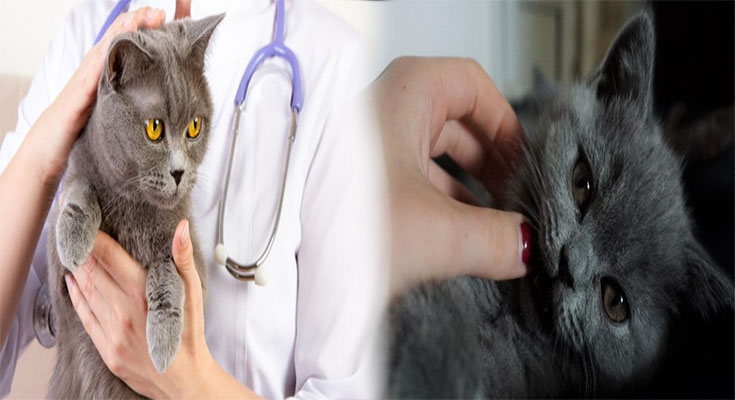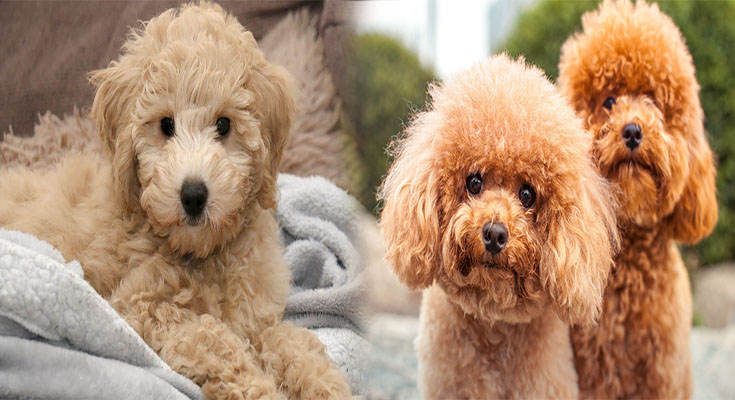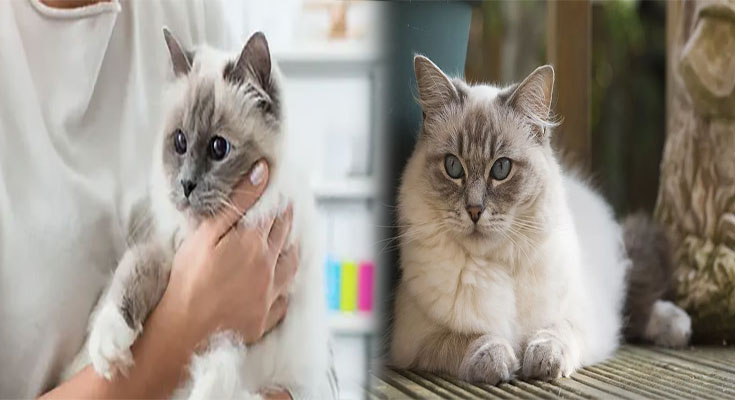
Affectionate Cat Breeds that Love Cuddling
Are you looking for a feline friend that loves to snuggle and cuddle? If so, look no further! There are several cat breeds known for their affectionate and loving personality. These breeds enjoy being close to their human companions and thrive on physical touch and attention. If you are a cat lover who enjoys a cuddly companion, here are some affectionate cat breeds to consider:
Persian
Persian cats are not only known for their luxurious long fur and beautiful appearance but also for their sweet and affectionate nature. These gentle cats love nothing more than curling up in your lap for a cozy cuddle session. They enjoy being petted and pampered, making them the perfect cuddle buddy for those lazy afternoons.
Ragdoll
Ragdoll cats are famous for their laid-back and loving temperament. True to their name, these cats tend to go limp like a ragdoll when you pick them up, making them easy to snuggle with. Ragdolls form strong bonds with their humans and will follow you from room to room, craving your attention and affection.
Maine Coon
Maine Coons are not only one of the largest domestic cat breeds but also one of the most affectionate. These gentle giants …
Affectionate Cat Breeds that Love Cuddling Read More
